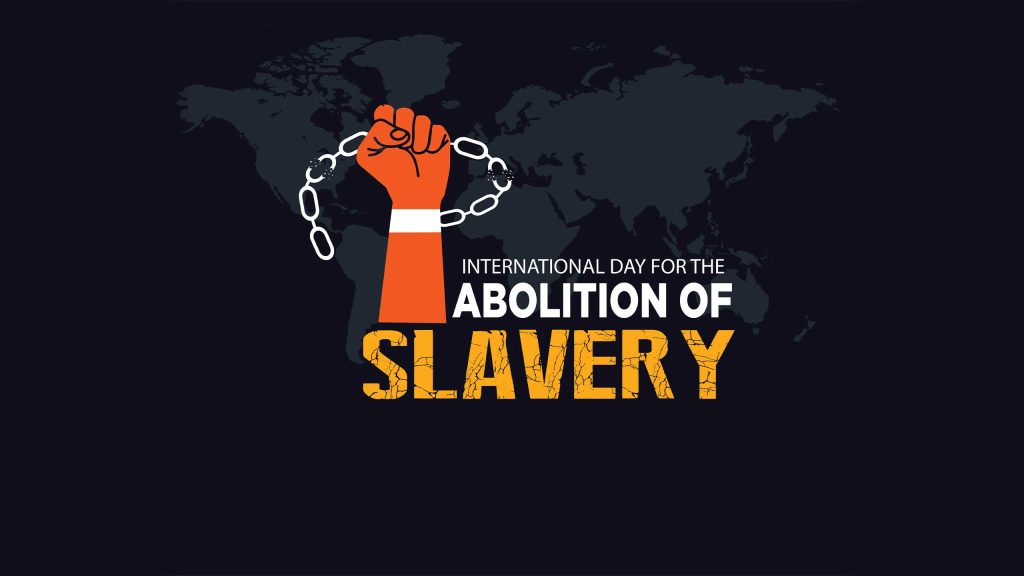Every year on December 2, the world observes the International Day for the Abolition of Slavery, a day dedicated to raising awareness about the ongoing struggle against modern slavery and honouring the memory of those who suffered under the yoke of slavery throughout history. This day serves as a reminder of the importance of freedom, human rights, and the collective responsibility to combat all forms of exploitation.
The International Day for the Abolition of Slavery was established by the United Nations in 1986, marking the anniversary of the adoption of the United Nations Convention on the Suppression and Punishment of the Crime of Trafficking in Persons, especially Women and Children.
This convention was a significant step in the global fight against human trafficking and modern slavery, recognizing the need for international cooperation to eradicate these heinous practices.
Slavery has existed in various forms throughout human history, from the transatlantic slave trade to forced labour in contemporary industries. Despite the formal abolition of slavery in many countries, millions of people around the world remain trapped in conditions of servitude, forced labour, and human trafficking.
The International Labour Organisation (ILO) estimates that over 40 million people are currently victims of modern slavery, sexual exploitation, and child labour.
The Modern Face of Slavery
Modern slavery takes many forms, often hidden in plain sight. Victims may be found in agriculture, construction, domestic work, and the sex industry, among others. Vulnerable populations, including migrants, refugees, and marginalized communities, are particularly at risk. The COVID-19 pandemic has exacerbated these vulnerabilities, pushing many into precarious situations where exploitation becomes more likely.

The fight against modern slavery requires a multifaceted approach, including legal reforms, public awareness campaigns, and support for victims. Organisations around the world are working tirelessly to rescue individuals from slavery, provide rehabilitation services, and advocate for stronger protections against trafficking and exploitation.
Commemorating the Day
On this International Day for the Abolition of Slavery, various events and activities take place globally to honour the victims of slavery and to promote awareness of modern slavery issues. Educational programs, workshops, and community discussions aim to inform the public about the realities of human trafficking and the importance of vigilance in recognizing and reporting suspicious activities.
Social media campaigns also play a crucial role in spreading awareness and encouraging individuals to share information and resources to help combat modern slavery. People can amplify the message by using hashtags and sharing stories and contribute to a global movement against exploitation.
As we commemorate this important day, it is essential to reflect on our collective responsibility to fight against all forms of slavery. The International Day for the Abolition of Slavery is a day of remembrance and a call to action.
As we honour those who have suffered from slavery, we must also commit ourselves to the ongoing fight against modern slavery. Together, we can work towards a world where freedom and dignity are guaranteed for all, ensuring that the horrors of slavery remain a thing of the past.

